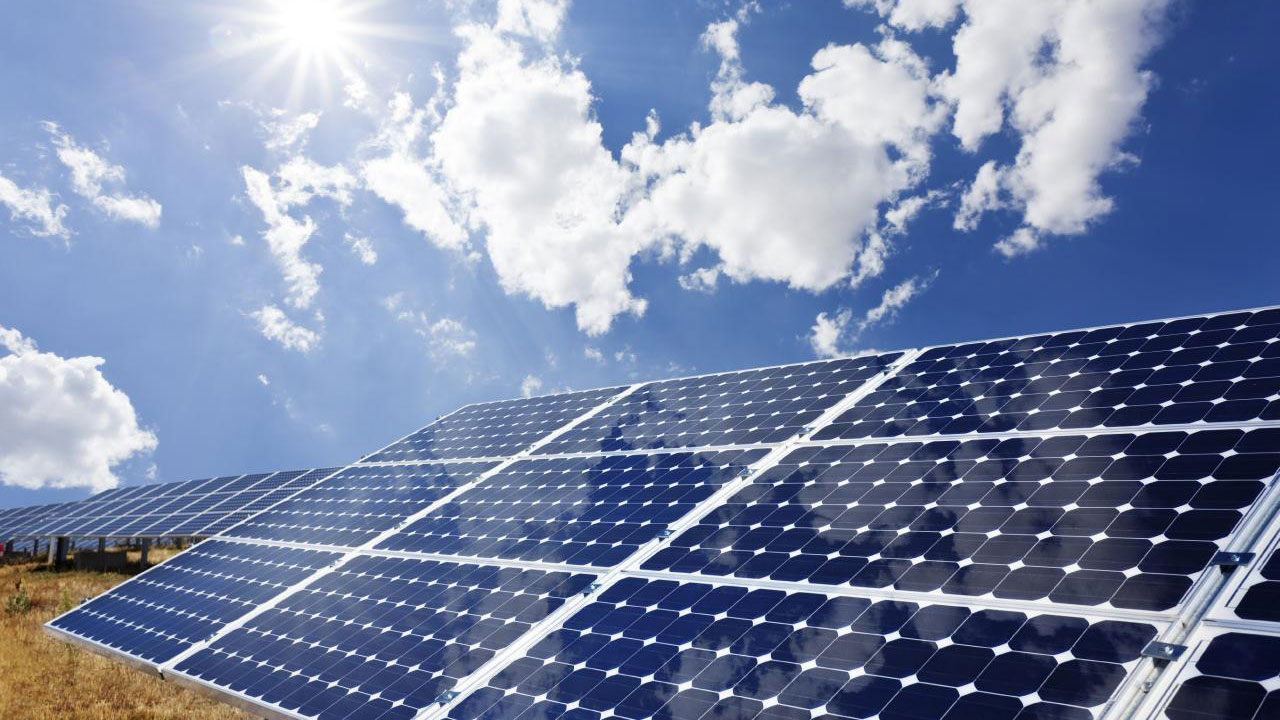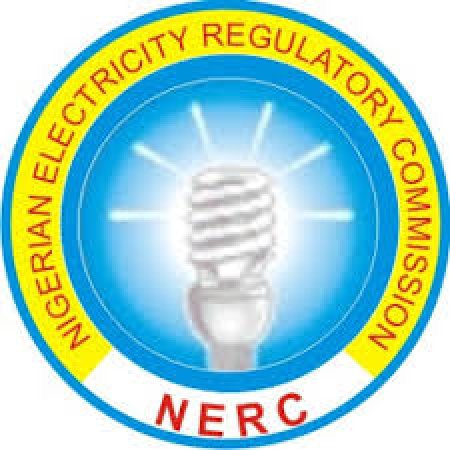Whereas the Minister of State for Petroleum Resources, Chief Timipre Sylva said recently in Port Harcourt that a mix of gas and renewable sources will be a perfect pair of energy use of the future in Nigeria, the Director-General, Lagos Chambers of Commerce and Industry (LCCI), Muda Yusuf, has called for waving of import duties and taxes on solar equipment including batteries and inverters.
Yusuf argued that only the scrapping of the taxes will in no small measure; improve access to renewable energy solutions in the country.
LCCI took inspiration from the recent suggestion that a state of emergency should be declared in the power sector by the Senate President, Ahmad Lawan.
According the LCCI boss, “There was a need to encourage the use of alternative sources of power such as solar; adding that the power sector reform had not delivered the desired outcomes.
“It is important to ensure rapid promotion of renewable energy solutions through the enactment of policies that will make it more affordable
“The current high cost of acquiring renewable energy installation has been a major impediment to the access of this energy solution. For instance, the costs of solar panels and batteries are very prohibitive. I submit that import duty and taxes on solar equipment, solar batteries and inverters should be scrapped to improve access to renewable energy solutions,” he said.
Continuing, Yusuf argued that “t is important to have a more holistic approach to the issue of power. There should be greater emphasis on off-grid solutions in order to ensure the decentralisation of the power sector. The current model of high dependence on the national grid has not worked well to serve the economy. The country is too vast for the highly centralised regime of national grid. The continued ownership and control of the transmission component of the power supply chain is also a challenge to grapple with,” said Yusuf.
According to him, “Power sector is critical to the development of the country. Most often, there is a conflict between development objectives and commercial objectives. I believe the government still needs to provide some resource support and generous fiscal incentives for investors in the sector because of the economic development and social impact of an improved power sector performance. What should be avoided is public sector management of such enterprise. We do not have a record of good corporate governance in most public enterprises,” he said.








